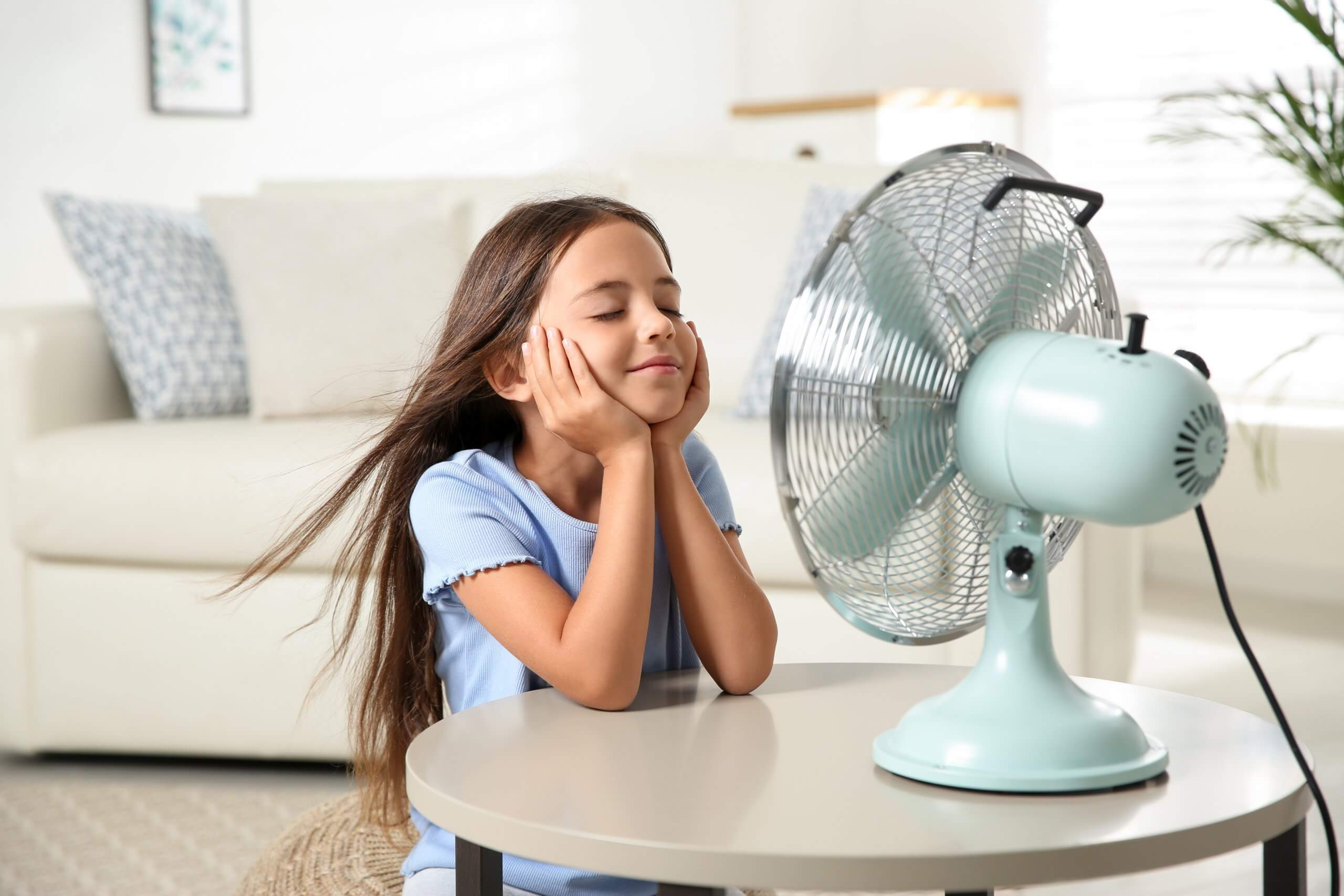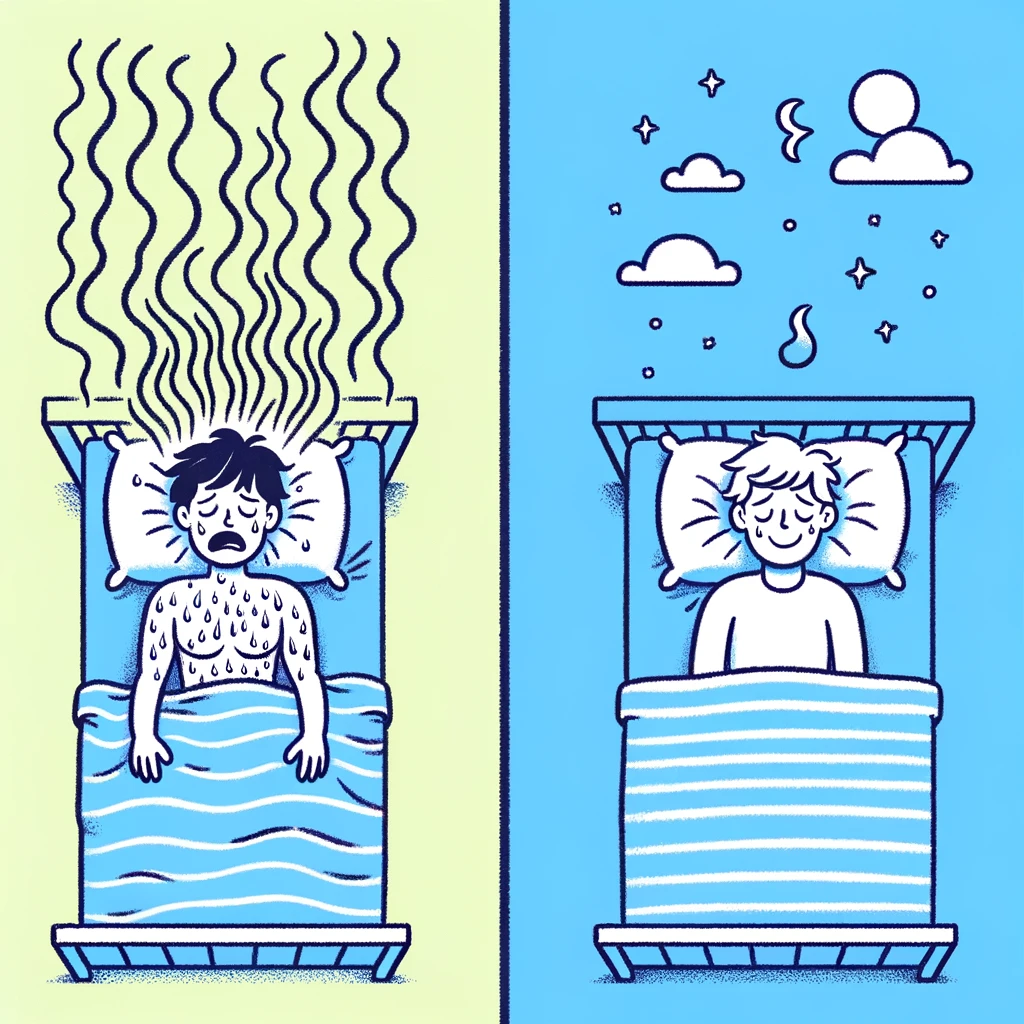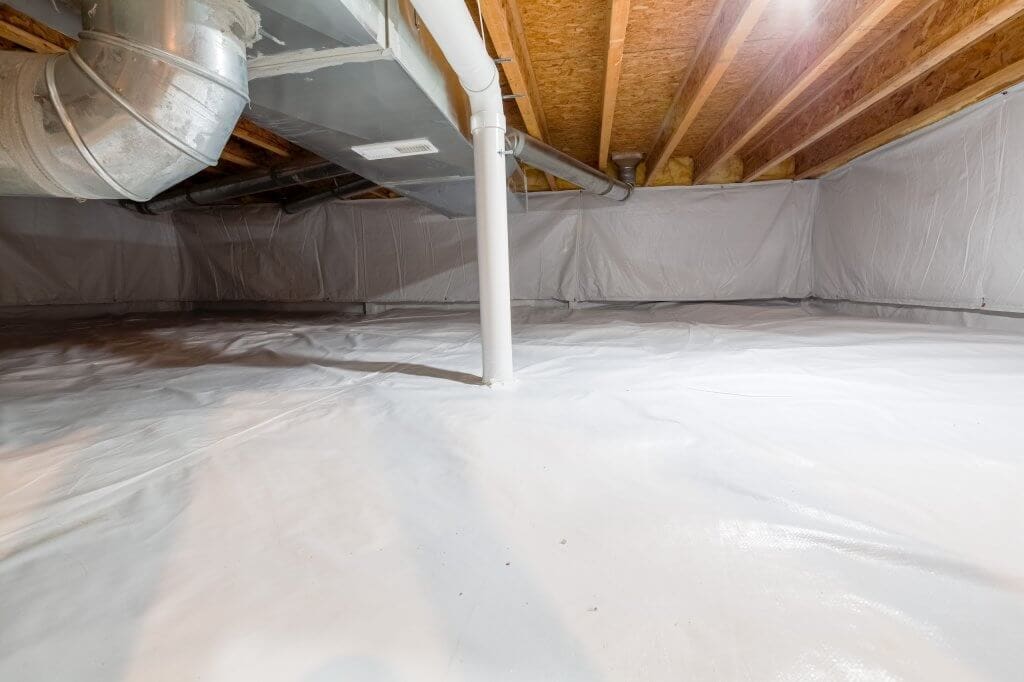We’ve all been there–the air conditioner is working overtime and the house is still hot and sticky. It’s almost impossible to breathe! But why is my indoor space so humid when the A/C is on and running? An air conditioning unit is not capable of dehumidification in the same way that a dedicated dehumidifier is. Unfortunately, many people believe lowering humidity levels is part of A/C’s purpose. Let’s take a look at the extent to which an air conditioning unit mitigates humidity.
Can Air Conditioners Remove Excess Indoor Humidity?
To a degree, air conditioning systems help dehumidify the air in your home. However, this is a unique result of the air cooling process. It is not the intended goal. Part of the HVAC system includes an evaporator coil and a condensate drain pan. In order to cool the air in your home, the air conditioning unit pushes warm air over the evaporator coil. The evaporator coil then removes moisture from the warm air, cooling it. The excess moisture is removed via the condensate drain pan. The goal is cooler indoor air, the byproduct is decreased indoor humidity levels.
So, if an air conditioning unit can and does remove moisture while cooling, why are humidity levels still high even when the unit is running? The bottom line: an air conditioning unit is not the same as a dehumidifier. As aforementioned, the dehumidification process is a secondary function to the cooling process. Air conditioners are not meant to take on extreme indoor humidity, and doing so can overwork the unit leading to system failure.
Will Adding A Whole-Home Dehumidifier Help?
Yes! A whole-home dehumidifier will remove excess moisture and restore proper balance to the air in your home. It is the perfect solution for an air conditioned home that still feels muggy.
The dehumidifier’s internal fan gathers moist indoor air and turns the moisture into water. The dry air is then expelled and the water is held in a reservoir. Dehumidifiers with a humidistat automatically begins the process when a humidity levels are too high.The best part? Installation is simple. An experienced professional will install the unit directly into your HVAC system and you’re in business.
Humidity Control Benefits IAQ
When indoor humidity is out of control, bacteria, mold, mildew and dust mites thrive. These organic contaminants increase respiratory symptoms for those with allergies, asthma and other lung conditions.
When certain building materials naturally release chemicals, such as formaldehyde in an environment with high humidity, harmful chemical reactions can occur. These chemical reactions can cause further issues for those with respiratory illnesses.
The effects of high humidity are not exclusive to those with pre-existing respiratory conditions. Healthy individuals can become just as ill if they are exposed to mold spores, bacteria and toxic chemicals. That is why it is extremely important to monitor home humidity levels and ensure it remains between the 40-60% range. When the humidity levels in your home adhere to this range, the risk of health issues drastically reduces.
Choose Whole-Home Humidity Control
Say goodbye to allergy and asthma symptoms, as well as hot and sticky air. Invest in the health of your family, your home and your air conditioning unit with a whole-home dehumidifier solution.






